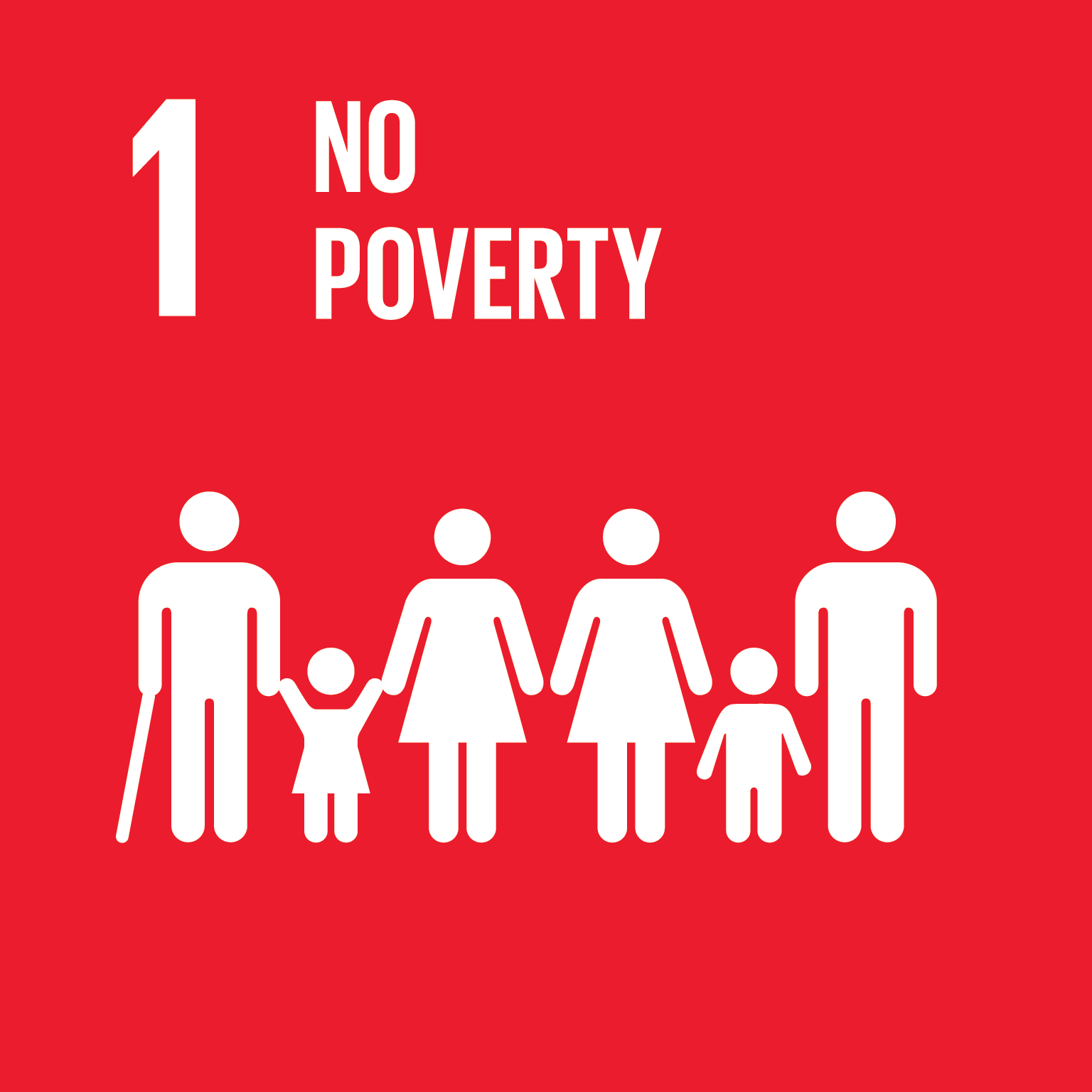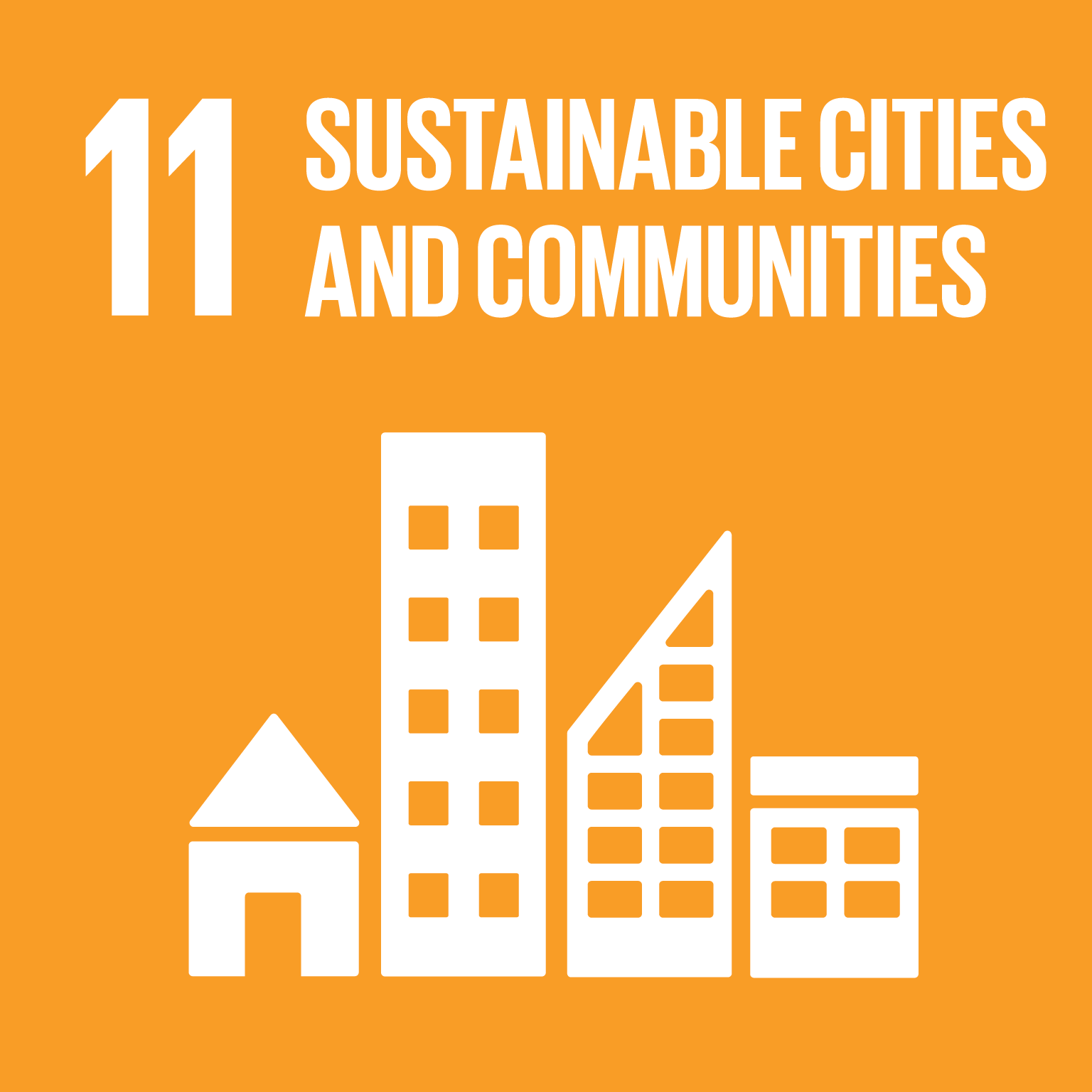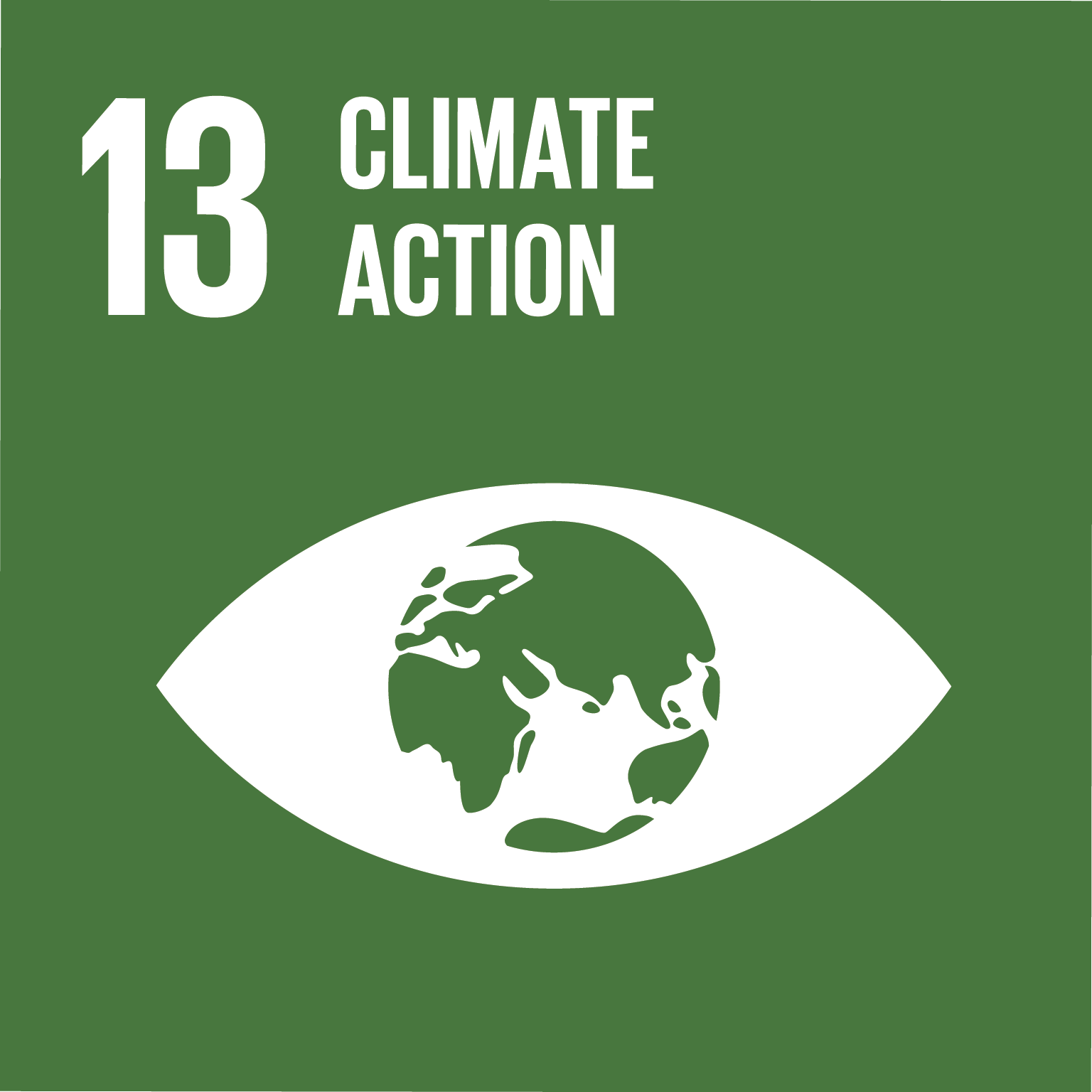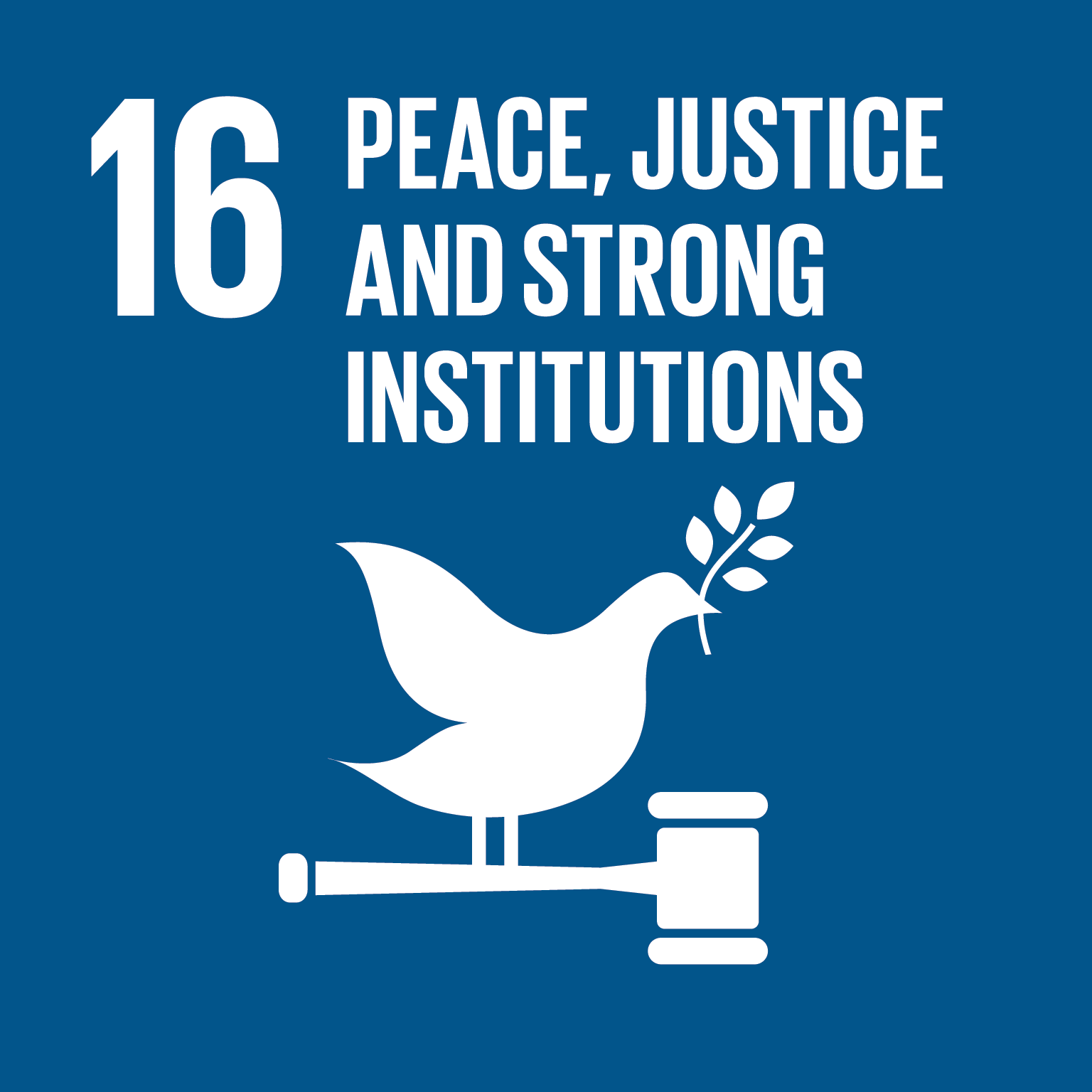The BSocSc Social Policy and Sociology at University College Dublin is the premier honours degree of its kind in Ireland. It is the standard qualification for those working in policy making and social services and recently celebrated its fiftieth anniversary. If you are interested in exploring how societies, communities and families work and wish to make a difference to the world, affect cultural change, contribute to public service or corporate responsibility, then this course is for you.
- Duration:
- 3 Year(s)
- Next Intake:
- 2024/2025 September
- General Entry Requirements (A-Level)
ABB / BBBD / BBB + D AS Level
- General Entry Requirements (IB)
29
- Subject Requirements (Mathematics)
GCSE C / AS Level D / A Level E
IB SL 4 / HL 3
- Country Specific Entry Requirements:
- Visit the UCD Global Undergraduate Entry Requirements webpage.
Curricular information is subject to change.
This three-year BSocSc Social Policy & Sociology degree is a Joint Major in Social Policy and Sociology. This degree was previously named the BSocSc in Social Science. Graduates often progress to further study to become social workers and to related professions. When you apply for this degree, you choose SBU2 BSc Social Policy and Sociology.
About this Course
The course explores key social issues affecting societies in the European Union, the USA and East Asia: poverty, homelessness, addiction, mental illness, social stratification, criminal justice, globalisation, gender equality, sexualities and reproductive health, childhood and children’s services, and tax and welfare systems. You will learn about how policy makers, in Ireland and across the world, have responded to these societal challenges. A strong emphasis is placed on studying qualitative and quantitative research methods. You will attend lectures and seminars and engage in project-based learning, instruction, and independent study with experienced academic staff and with input from policy-makers and industry.
Below is a list of all modules offered for this degree in the current academic year. Click on the module to discover what you will learn in the module, how you will learn and assessment feedback profile amongst other information.
Incoming Stage 1 undergraduates can usually select an Elective in the Spring Trimester. Most continuing undergraduate students can select up to two Elective modules (10 Credits) per stage. There is also the possibility to take up to 10 extra Elective credits.
| Module ID | Module Title | Trimester | Credits |
|---|---|---|---|
| SOC10010 | Foundations of Sociological Thought | Autumn | 5 |
| SOC10020 | Introduction to Sociology | Autumn | 5 |
| SOC10110 | Sociology of Crime & Deviance | Autumn | 5 |
| SPOL10010 | Social Policy Theories and Concepts I | Autumn | 5 |
| SPOL10030 | Understanding Social Problems and Policies | Autumn | 5 |
| SPOL10180 | History of Irish Social Policy | Autumn | 5 |
| PSY10050 | Introduction to Psychology | Autumn and Spring (separate) | 5 |
| SOC10060 | Ireland in Comparative Perspective | Spring | 5 |
| SOC10070 | Sociological Analysis and Research Design | Spring | 5 |
| SPOL10020 | Contemporary Irish Welfare State | Spring | 5 |
| SSJ10060 | Inequality and Social Justice in Irish Society | Spring | 5 |
| SPOL18130 | Introduction to Social Work | Spring | 5 |
This programme allows international study opportunities in universities both in Europe and further afield. Currently Erasmus exchange opportunities exist in Germany, Italy, The Netherlands, Sweden, Japan, Hong Kong.
You have the option of taking a four-year BSocSc (International) degree that incorporates an extra year of university study abroad as an integral part of the programme.
In Stage 2 you may apply to enter the international programme and, if accepted, you have the opportunity to attend one of a range of European universities during the following year.
The BSocSc provides a strong foundation for both postgraduate study and a wide range of careers in government, social services, NGOs, education, media, including new and online media (who are increasingly expressing an active interest in recruiting social sciences graduates) and business. Alumni include Orlaith Blaney (Marketing and Advertising, former CEO McCannBlue Dublin), Frances Fitzgerald (TD), Ali Hewson (Humanitarian) and Sr Stanislaus Kennedy (Humanitarian & Founder, Focus Ireland).
Non-EU Undergraduate Fee information can be found here.
UCD offers a number of competitive undergraduate scholarships for full-time, self-funding international students, holding an offer of a place on a UCD undergraduate degree programme. For information on Undergraduate Scholarships, please see the UCD International Scholarships webpage.
The UCD College of Social Sciences and Law is a broad and diverse, but connected community of students and faculty who are committed to creating a more sustainable and equitable future for all. We work together in a culture of collaboration to support each other to thrive and achieve our full potential, in service of broader societal goals. Through our undergraduate and graduate education, research and external engagement, we aim to ensure that our students, faculty and staff thrive and contribute to sustainable well-being on our campus, in Ireland and across the wider world. Our faculty are globally recognized experts in their fields, advancing knowledge through research, engaging with government, business and civil society to enhance our world, and using their knowledge to design and offer cutting-edge education within their disciplines and across the disciplines of Archaeology, Economics, Geography, Information & Communication Studies, Philosophy, Politics & International Relations, Psychology, Social Policy Social Work & Social Justice, and Sociology. Our ambition is that our students will debate and engage with the greatest societal challenges of our time by becoming informed citizens who will play a leading role in shaping societies around the globe toward more sustainable futures.
The Social Sciences degrees at UCD incorporate a diverse range of formal and informal learning opportunities for students, delivered by excellent researchers who are leading their fields globally, and embedding the UN’s sustainable development goals (SDG’s) in their educational activities where appropriate.
BSocSc Social Policy & Sociology
The Sociology and Social Policy programme explores key social issues affecting societies in Ireland and worldwide including poverty, homelessness, addiction, mental illness, social stratification, criminal justice, globalisation, gender equality, sexualities and reproductive health, childhood and children’s services, and tax and welfare systems. By learning about how policy makers respond to societal challenges, students are equipped to make a difference to the world, affect cultural change, contribute to public service or corporate responsibility to advance the sustainable development goals.
- No Poverty (SDG1)
- Good health and wellbeing (SDG 3)
- Gender Equality (SDG 5)
- Reduce Inequalities (SDG 10)
- Sustainable Cities and Communities (SDG 11)
- Climate Action (SDG 13)
- Peace, justice and strong institutions (SDG 16)

BSocSc Social Policy and Sociology (DN750/SBU2)
Undergraduate (Level 8 NFQ, Credits 180)






